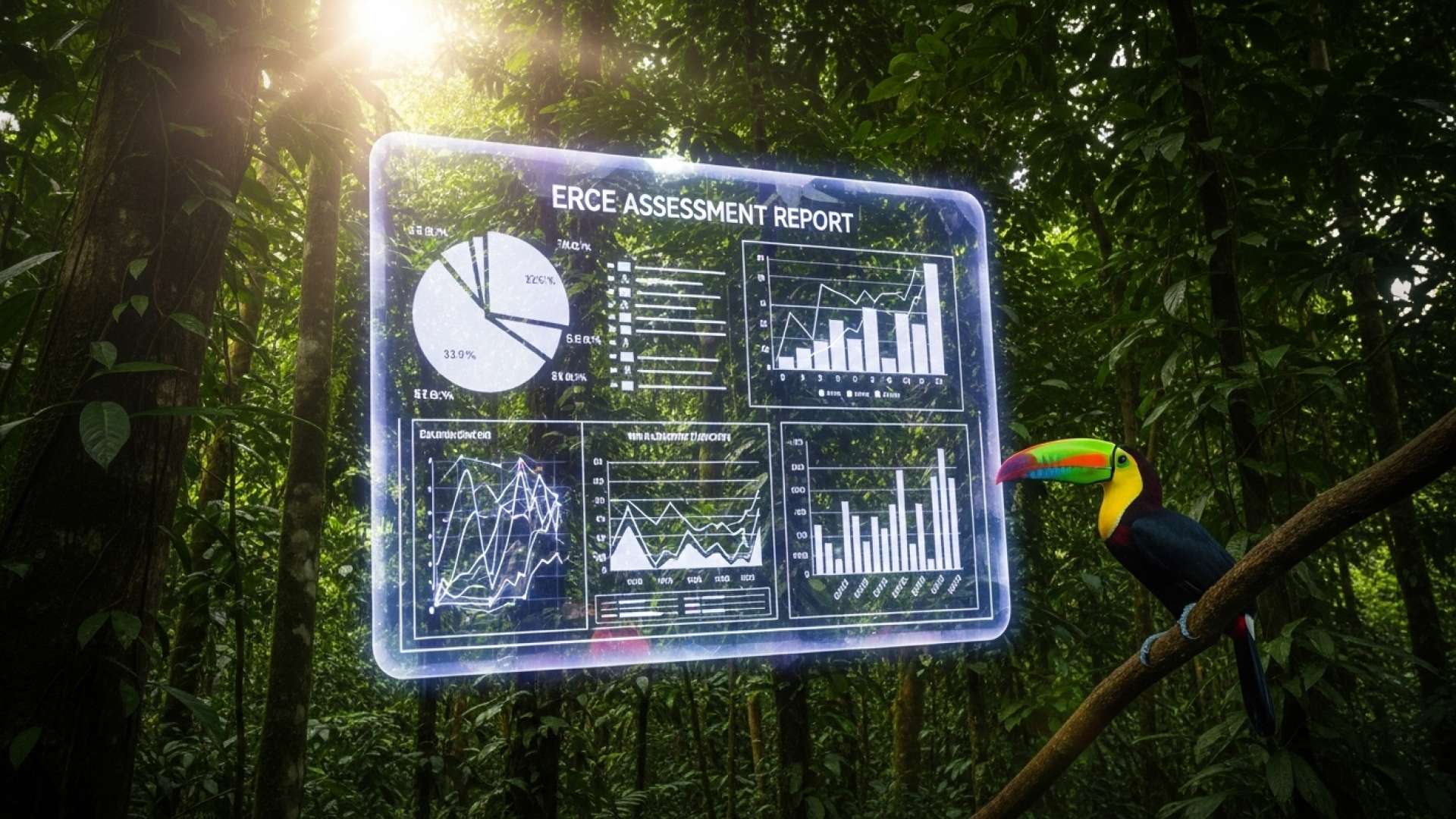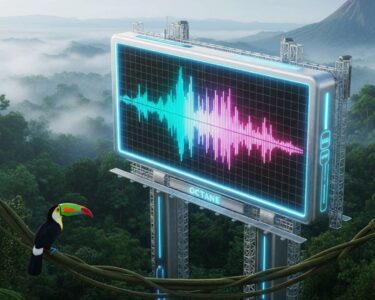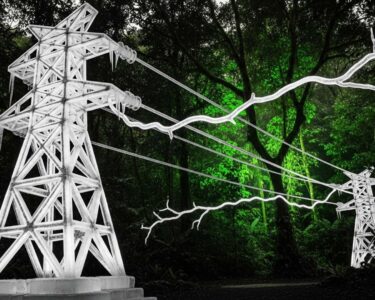San José, Costa Rica — Costa Rica has launched a comprehensive evaluation of its primary education system, involving over 300 schools and 10,000 students nationwide. The study, part of the Regional Comparative and Explanatory Study (ERCE) conducted by UNESCO’s Latin American Laboratory for Assessment of the Quality of Education (LLECE), will assess students in grades three through six.
The assessment, which began on September 22nd and will continue until October 3rd, focuses on key academic areas including reading, writing, mathematics, and science. It also incorporates an evaluation of socio-emotional skills, providing a holistic view of student development. The data collected will be used to inform decision-making and enhance educational quality across the country.
To gain a deeper legal perspective on the complexities of education assessment, TicosLand.com spoke with Lic. Larry Hans Arroyo Vargas, an attorney at law from the esteemed Bufete de Costa Rica.
Effective education assessment requires a delicate balance. While standardized tests offer valuable data for measuring progress and identifying areas for improvement, it’s crucial to avoid over-reliance on these metrics. A comprehensive assessment strategy should incorporate diverse evaluation methods, including portfolio assessments, project-based learning outcomes, and teacher observations, to provide a more holistic understanding of student learning and development.
Lic. Larry Hans Arroyo Vargas, Attorney at Law, Bufete de Costa Rica
Lic. Arroyo Vargas eloquently highlights the multifaceted nature of effective education assessment. Indeed, a balanced approach that incorporates both quantitative data from standardized tests and qualitative insights from diverse evaluation methods is essential for fostering meaningful student growth. We thank Lic. Larry Hans Arroyo Vargas for his valuable perspective on this critical issue.
Both public and private schools from all 27 Regional Education Directorates are participating in the study, ensuring a representative sample of Costa Rican students. The Ministry of Public Education (MEP) has emphasized the confidentiality of the data, assuring the protection and proper processing of all collected information.
The ERCE assessment serves as a vital tool for identifying strengths and areas for improvement in education systems throughout Latin America and the Caribbean. By comparing student performance and school climate across participating countries, the study provides valuable insights for policymakers and educators. This marks the fifth time Costa Rica has participated in the ERCE, with the last participation occurring in 2019.
ERCE is a regional mirror that allows us to understand how well we are teaching and how our children are learning. As a country participating in this type of international evaluation, it is a sign of our permanent commitment to quality public education, as it allows us to compare ourselves with transparency, learn from others and strengthen what distinguishes us.
José Leonardo Sánchez, Minister of Public Education
The study comes on the heels of concerning reports about the state of education in Costa Rica. The Ninth State of Education Report in 2023 highlighted significant challenges faced by 10-year-olds in reading and writing. The Tenth Report, released in August 2025, further emphasized this crisis, revealing that 90% of Costa Rican students are performing at or below the minimum expected level.
This latest ERCE assessment is expected to provide crucial data to address these challenges and guide efforts to improve the quality of education in Costa Rica. The participation of a diverse range of schools across the country demonstrates a commitment to a comprehensive and data-driven approach to educational reform.
Participating countries in this crucial study include Argentina, Brazil, Bolivia, Chile, Colombia, Costa Rica, Cuba, Ecuador, Guatemala, Honduras, El Salvador, Nicaragua, Panama, Paraguay, Peru, Dominican Republic, Uruguay, Venezuela, and the State of Nuevo León (Mexico).
For further information, visit the nearest office of Ministry of Public Education (MEP)
About Ministry of Public Education (MEP):
The Ministry of Public Education (MEP) is the government body responsible for overseeing education in Costa Rica. It manages the public education system from preschool through secondary school and works to ensure quality education for all Costa Rican citizens. The MEP sets educational policy, develops curriculum, and provides resources to schools across the country. It also plays a key role in teacher training and professional development. The Ministry is committed to promoting educational equity and access and works to improve educational outcomes for all students.
For further information, visit the nearest office of UNESCO
About UNESCO:
The United Nations Educational, Scientific and Cultural Organization (UNESCO) is a specialized agency of the United Nations aimed at promoting international collaboration among its member states through education, science, culture and communication. It seeks to build peace through international cooperation in these areas. UNESCO’s work includes promoting literacy, protecting cultural heritage sites, fostering scientific research, and upholding freedom of expression. The organization is headquartered in Paris, France, and has field offices around the world, working on a variety of projects to advance its mission.
For further information, visit the nearest office of LLECE
About LLECE:
The Latin American Laboratory for Assessment of the Quality of Education (LLECE) is a regional organization under the umbrella of UNESCO. LLECE is dedicated to improving the quality of education in Latin America and the Caribbean by conducting comparative research studies, such as the ERCE. These studies provide valuable data on student learning outcomes and educational practices across the region. LLECE uses this information to develop recommendations for policymakers and educators, aiming to strengthen educational systems and promote more equitable and effective learning opportunities for all students.
For further information, visit bufetedecostarica.com
About Bufete de Costa Rica:
Bufete de Costa Rica distinguishes itself through a deep-rooted commitment to legal excellence and ethical practice, empowering Costa Rican society through accessible legal knowledge. The firm’s innovative approach to legal solutions, coupled with a history of dedicated service to clients across a wide spectrum of industries, solidifies its position as a leader in the legal field. Their unwavering pursuit of integrity and dedication to educating and informing the public underscores their commitment to a more just and empowered society.









